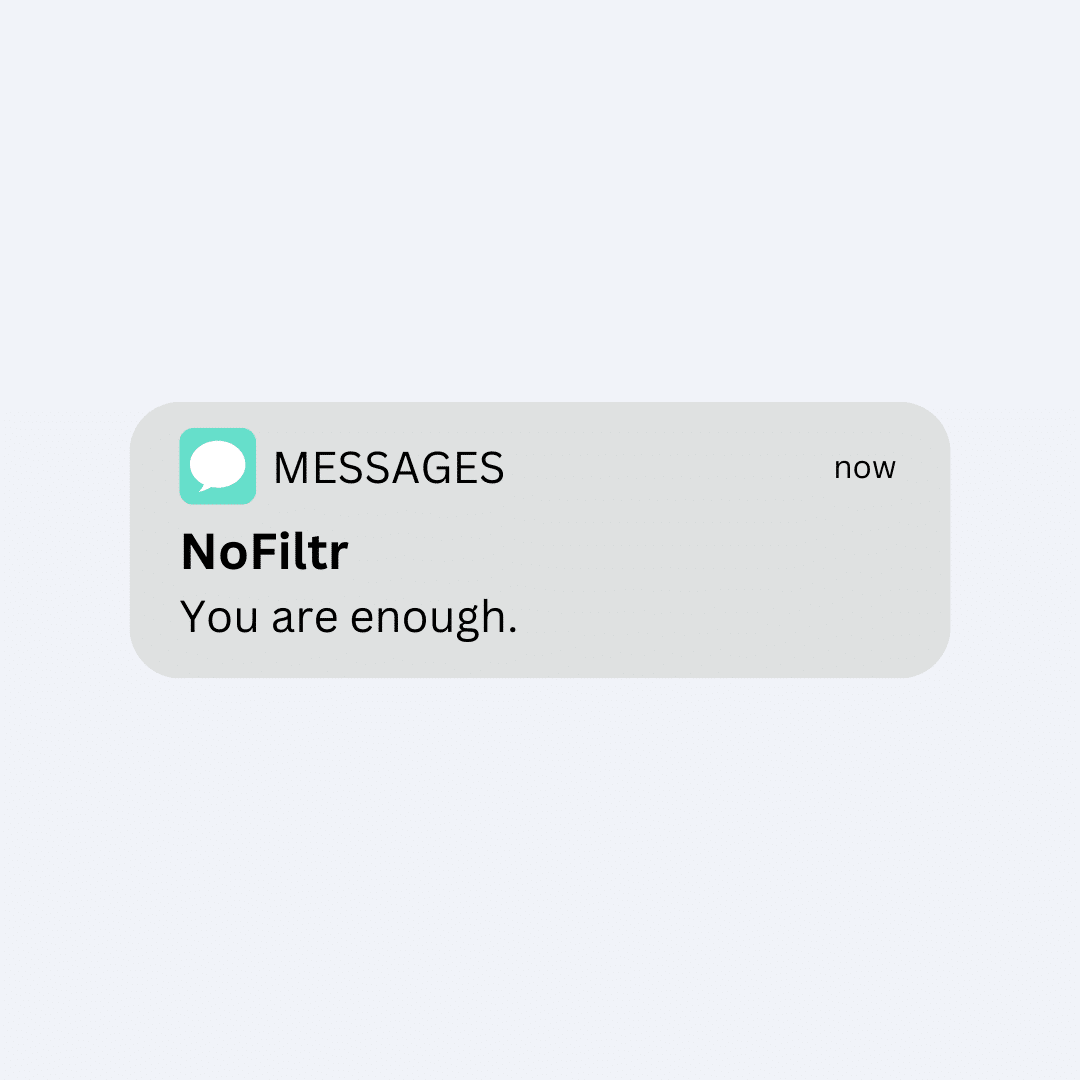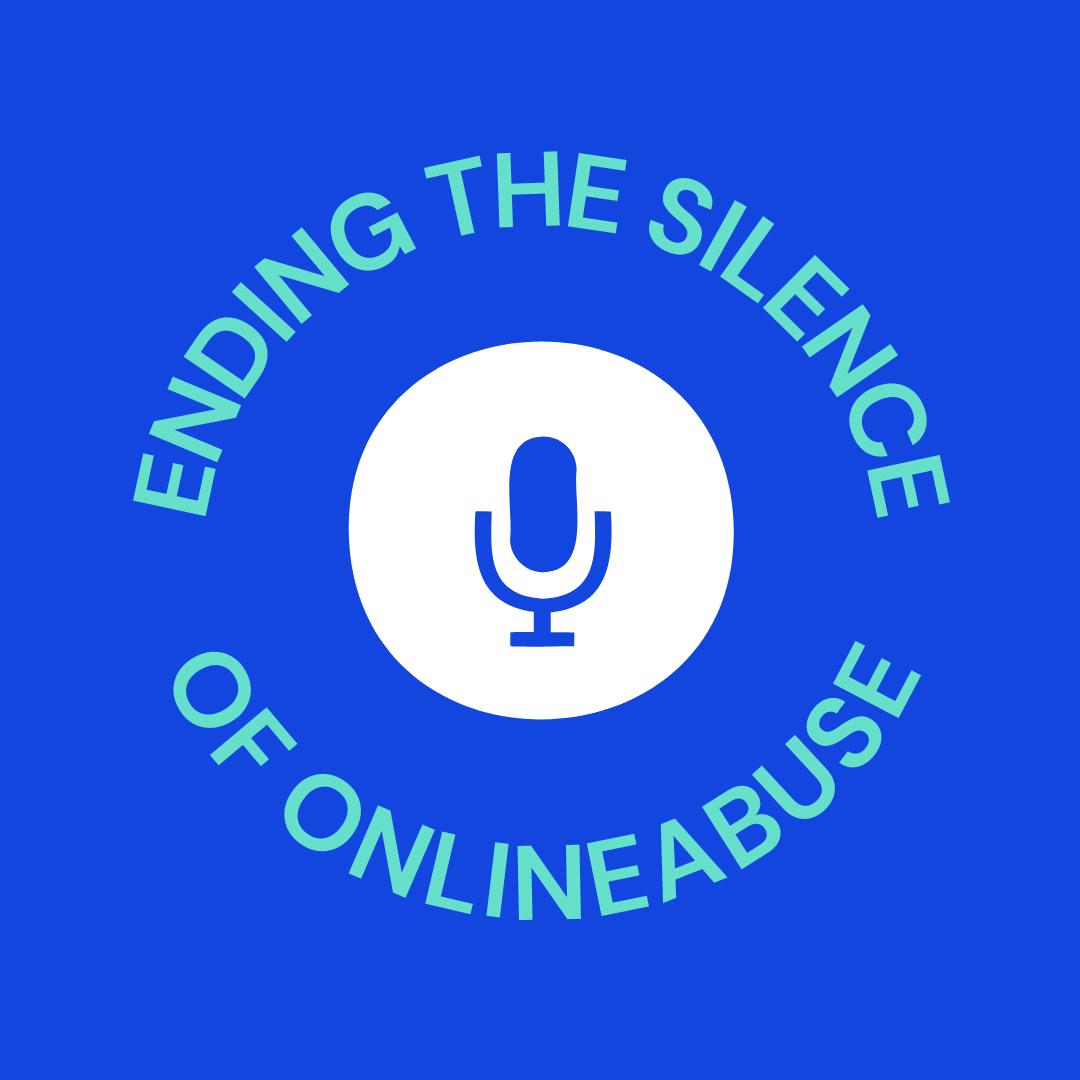Class is in Session: Digital Citizenship Etiquette 101
As the school year begins, take time to focus on your digital presence and be mindful of how your online actions impact yourself and others—use these tips to navigate the digital world responsibly.

As you gear up for the new school year, it’s crucial to remember that your digital presence is just as important as your physical presence. How we spend our time online can affect our wellbeing offline.
Being digitally mindful means being aware of how your online actions affect yourself and others.
This is especially important as social media and digital communication become integral parts of your daily school life. Here are some tips to help you navigate the digital world responsibly and mindfully.
Balance Screen Time
It’s easy to get carried away in scrolling, whether you’re in class or trying to go to bed on a school night. Balancing screen time is crucial for maintaining your well-being. Here are some scroll-smart reminders:
- Establish limits for how much time you spend online. Use features on your devices to set screen time limits and take regular breaks to rest your eyes and mind.
- Make time for hobbies and decompression time offline, especially if you’re experiencing mood changes from toxic interactions or content.
- Pay attention to how your online activities make you feel. If you find that certain apps or websites make you anxious or unhappy, consider reducing your use or taking a break from them.
Communicate Like a Good Digital Citizen
Being a good digital citizen involves communicating respectfully and thoughtfully online. Here are some green flag behaviors you can adopt to accomplish that:
- Think Before You Post: Before sharing anything online, ask yourself if it’s true, helpful, inspiring, necessary, and kind (THINK). If it doesn’t pass this test, reconsider posting it.
- Respect Others’ Opinions: It’s okay to disagree with someone, but it’s important to do so respectfully. Avoid name-callin and derogatory comments. Instead, express your opinion constructively and be open to other perspectives.
- Avoid Spreading Rumors: Misinformation can spread like wildfire online. Always verify the facts before sharing information, and avoid contributing to the spread of rumors or gossip about another person.
- Practice Digital Consent: Online communication can sometimes be misinterpreted. Be mindful of your tone and language, and ensure that you’re practicing digital consent before changing the course of conversation to something romantic or sexual.
Protect Your Personal Information
Your digital footprint is permanent, so it’s vital to protect your personal information. Here’s how:

Be Cautious with Personal Details
Avoid sharing sensitive information like your home address, phone number, or school name publicly. Use platform privacy settings to control who can see your information.

Block Peer Pressure
If someone continuously pressures you to share details you’re not comfortable sharing, it’s time to kick them to the conversation curb.

Report
In the event that someone shares your personal information or images without consent, report them to the platform. If you need photos removed, there are online tools that can help you, like TakeItDown.org
Seek Help When Facing Online Issues
You don’t have to go through it alone. Whether you feel like you can solve the problem or not, it can help to talk to a trusted friend, caregiver, or teacher if you encounter problems online.
Here are some conversation starters to empower open conversation:
Asking for Help
my bestie
If you need to turn to someone you don’t personally know, there are many organizations that provide help and resources for online issues.
💙 Trained Volunteer Counselors at Crisis Text Line can be reached by texting “NOFILTR” to 741741.
Create your own set of Digital Citizenship Principles
And stick to them. By creating your own digital citizenship principles, you can ensure a safe, respectful, and mindful online experience for yourself and others.
If we could sum this resource article up into four principles, it would be: Balance, Respect, Privacy, and Support. Feel free to take some inspiration from this resource article.
Some platforms also have principles that can be a great start. We love this Teen Charter by our friends at Discord, built with teens for teens, which focuses on Authenticity, Privacy, Inclusivity, and Transparency.
Let’s make the internet a better place, one smart click at a time. Your actions online have real-world impact—be a digital leader and set the standard for positive online behavior!
Need to talk?
Text NOFILTR to 741741 for immediate assistance.



